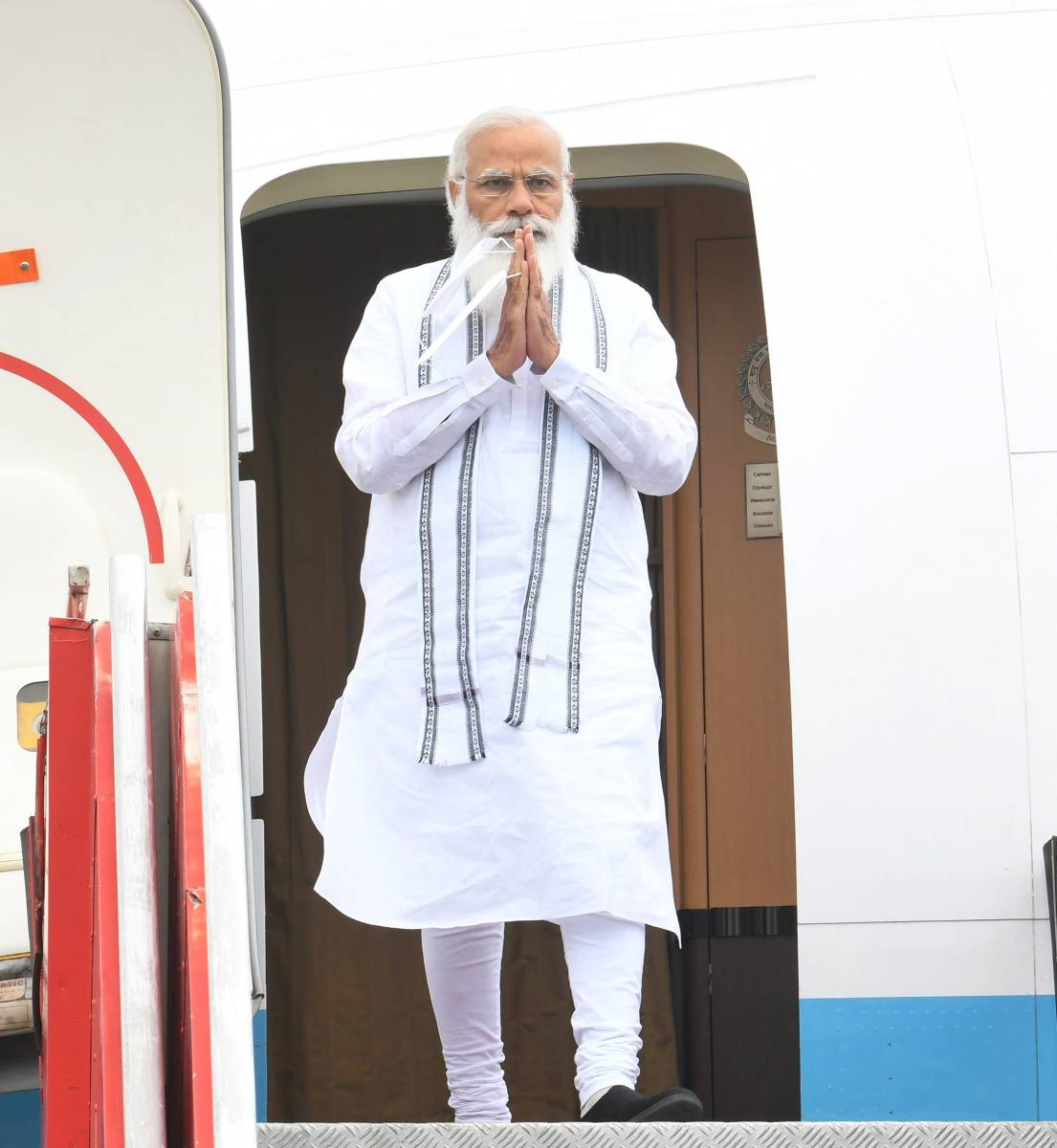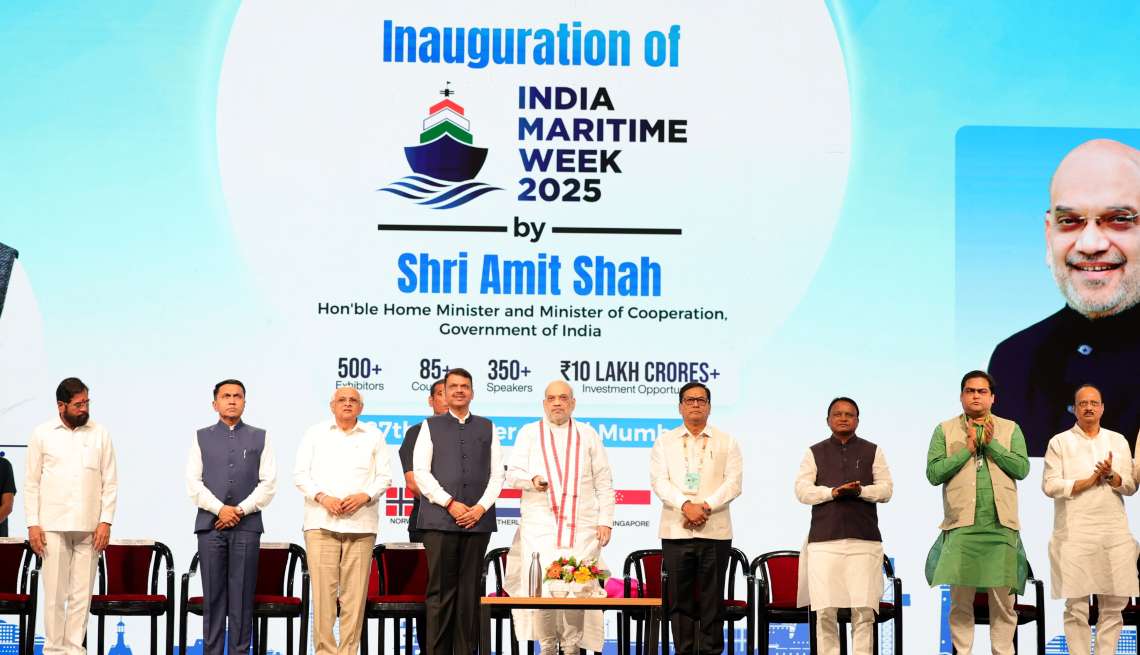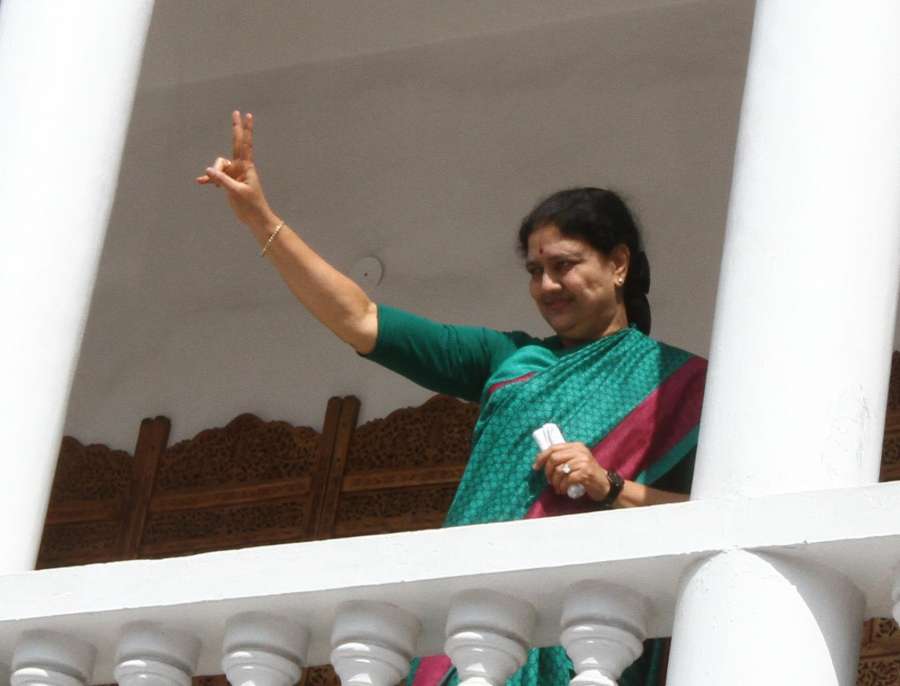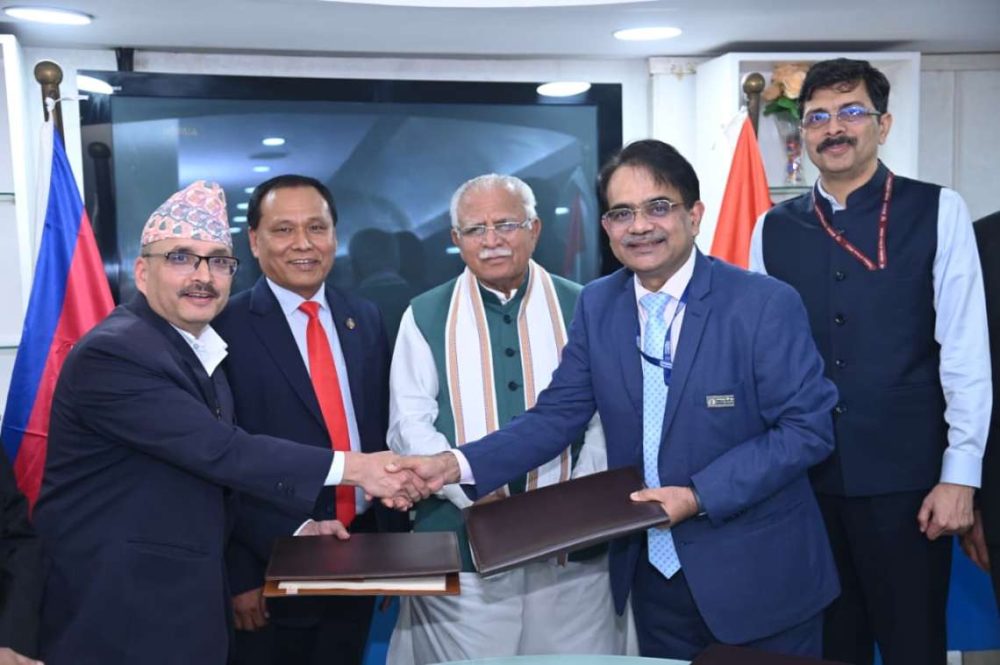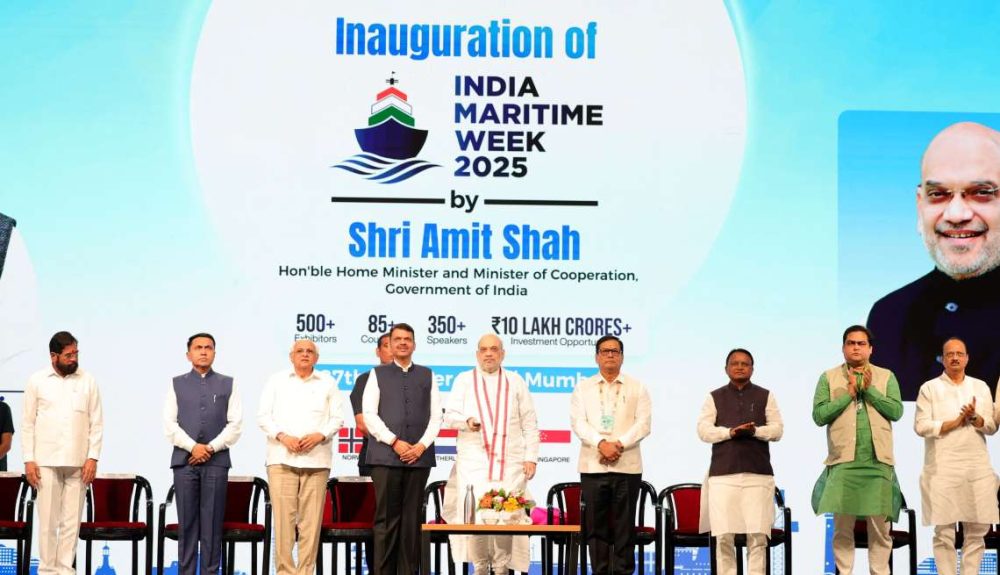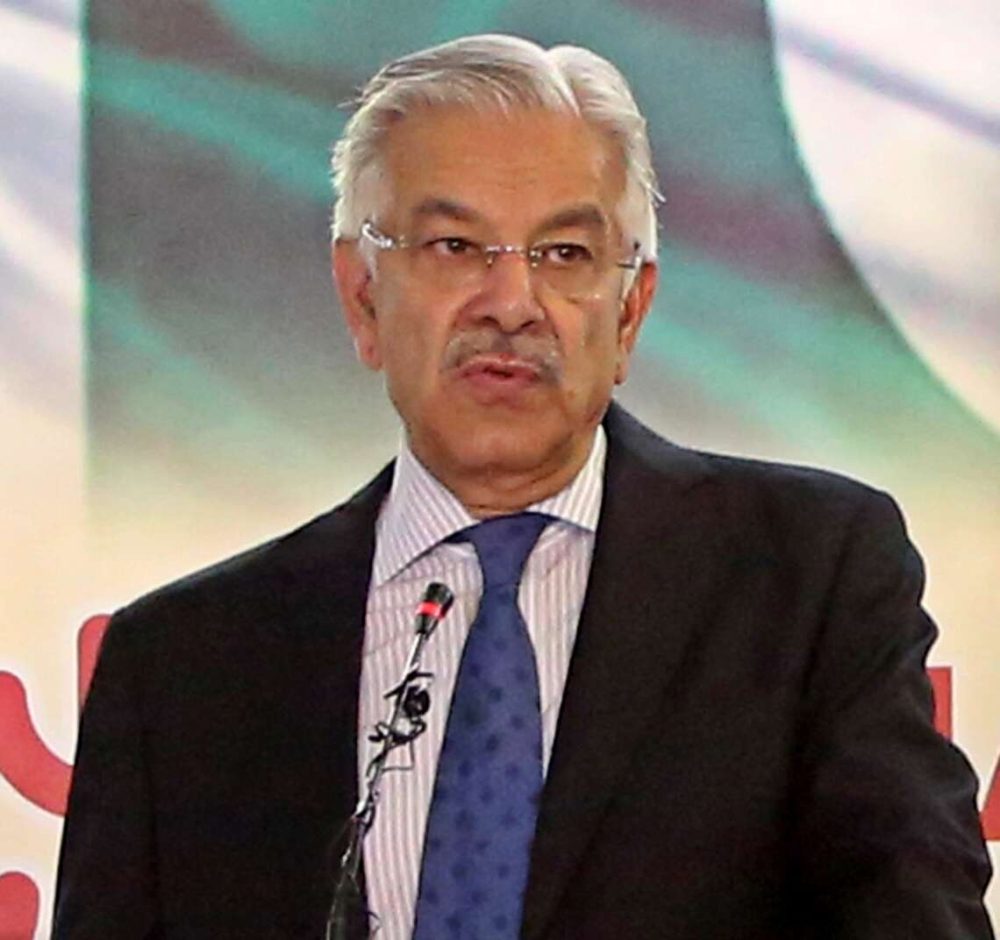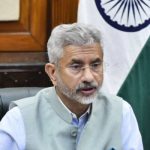While the outbreak of Covid 19 has somewhat derailed economic growth in the region, which is home to about one fourth of the world’s population, it has the advantage of a robust domestic demand, a report by Mahua Venkatesh
Amid an increasingly belligerent China, which has set its focus on the South Asian region, India must ensure early or at least timely completion and implementation of all pending initiatives pertaining to economic, infrastructure and trade framework.
One of the biggest problems that India faces is the failure in real execution of proposed plans and framework in a timebound manner�whether international or domestic, two analysts India Narrative spoke to said on condition of anonymity.
“There is an urgent need to focus on timely execution of projects and framework. Delay in implementation gives rise to uncertainty. Contrast this to China’s strategy. It has been very quick and steady in implementation,” one of them said, adding that these critical gaps leave a window for Beijing to turn them into opportunities.
Foreign policy observers in India said that New Delhi must also start preparing to play a much larger role in the new regional order, especially as an alternative to China as several countries including the US are now looking for newer allies.
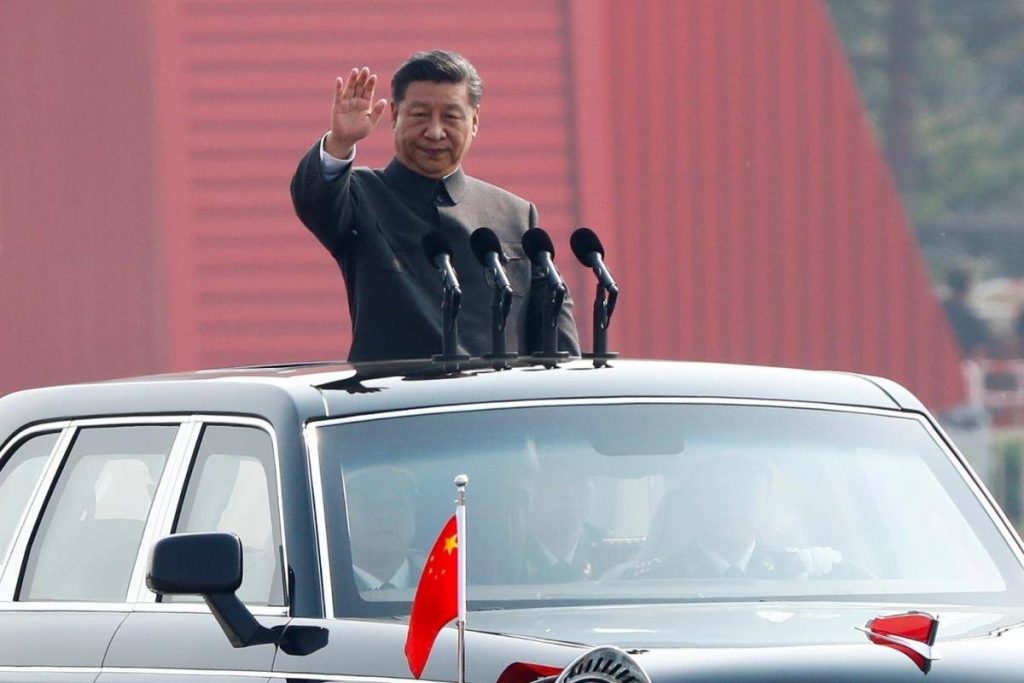
Covid 19 and its implications
The outbreak of Covid 19 has further dented progress.
“Though the outbreak of Covid 19 has thrown up huge challenges and derailed progress and implementation of several initiatives in the region, the region has the ability to bounce back. For that countries must enhance co-operation, focus on commonalities, keep aside thorny issues which would take time to resolve. In fact, Covid 19 has also provided a common thread to the countries of the region for increased information exchange and co-operation,” Nazneen Ahmed, senior research fellow at Bangladesh Institute of Development Studies (BIDS) told India Narrative.
Economic prospects of South Asia
While the outbreak of Covid 19 has somewhat derailed economic growth in the region, which is home to about one fourth of the world’s population, it has the advantage of a robust domestic demand. A World Bank report published in March said that seamless transport connectivity between India and Bangladesh has the potential to increase national income by as much as 17 per cent in Bangladesh and 8 per cent in India.
“Countries in the Bay of Bengal region have not yet managed to achieve their true growth potential because of multiple reasons, which are often political. But now, we need to focus on the common goals based on the shared culture, history and heritage so that implementation of all projects can be expedited,” Bipul Chatterjee, Executive Director, CUTS International said. Chatterjee too said that it is critical now to ensure timely early closure. completion and execution of all pending and proposed projects and protocols.
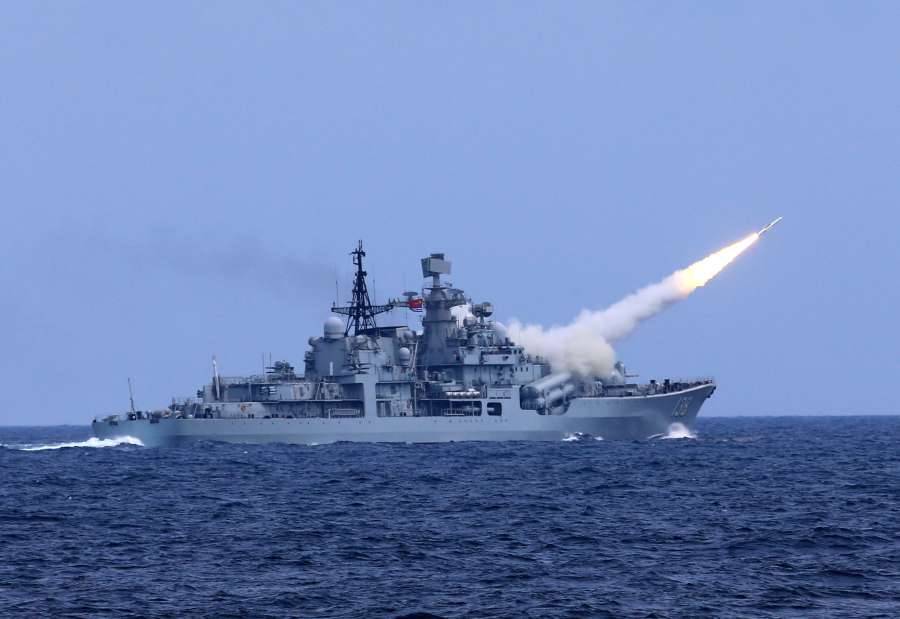
Rise of a budding Indo-Pacific community
The Covid 19 pandemic, which continues to be a cause for concern for South Asian as well as Southeastern countries, is set to provide a common thread for a Bay of Bengal ( BIMSTEC) bloc to move ahead even as several contentious issues remain. Besides, the importance of BIMSTEC, set up in 1997, will increase in the coming years as the grouping can get geopolitically enmeshed in the growing Indo-Pacific community which is coming into its own following a security threat from an expansionist China, experts said.
Amid the pandemic and the rapidly changing regional China-driven geopolitical contours, the importance of smaller regional blocs which until now remained dormant has come to the fore, analysts said.
Establishing BIMSTEC’s linkages with a broader Indo-Pacific region could be a game-changer.
“The rekindling of BIMSTEC, somewhat, had started around 2018 before the outbreak of Covid 19 but with the pandemic is likely to give it a further push. Covid 19 induced issues such as health, education besides social factors must be taken up by the BIMSTEC bloc,” Nazneen Ahmed, Senior Research Fellow, Bangladesh Institute of Development Studies (BIDS) told India Narrative.
“Instead of one step backward, we can now take one step forward by focusing on the commonalities among the countries. Taking up the softer issues and enhancing exchange of knowledge and know-how on various health related issues would help in reviving BIMSTEC,” Ahmed said, adding that complex issues relating to trade could be kept aside for the time-being.
A study by the East West Center underlined that the pandemic has brought up the need to strengthen regional cooperation in the public health sector and related services in the region while enhancing trade facilitation to augment supply chain resilience, and restoring economic growth. “The key message is that measures to mitigate Covid-19-related challenges must serve to reduce the costs of the pandemic in the region,” the study noted.
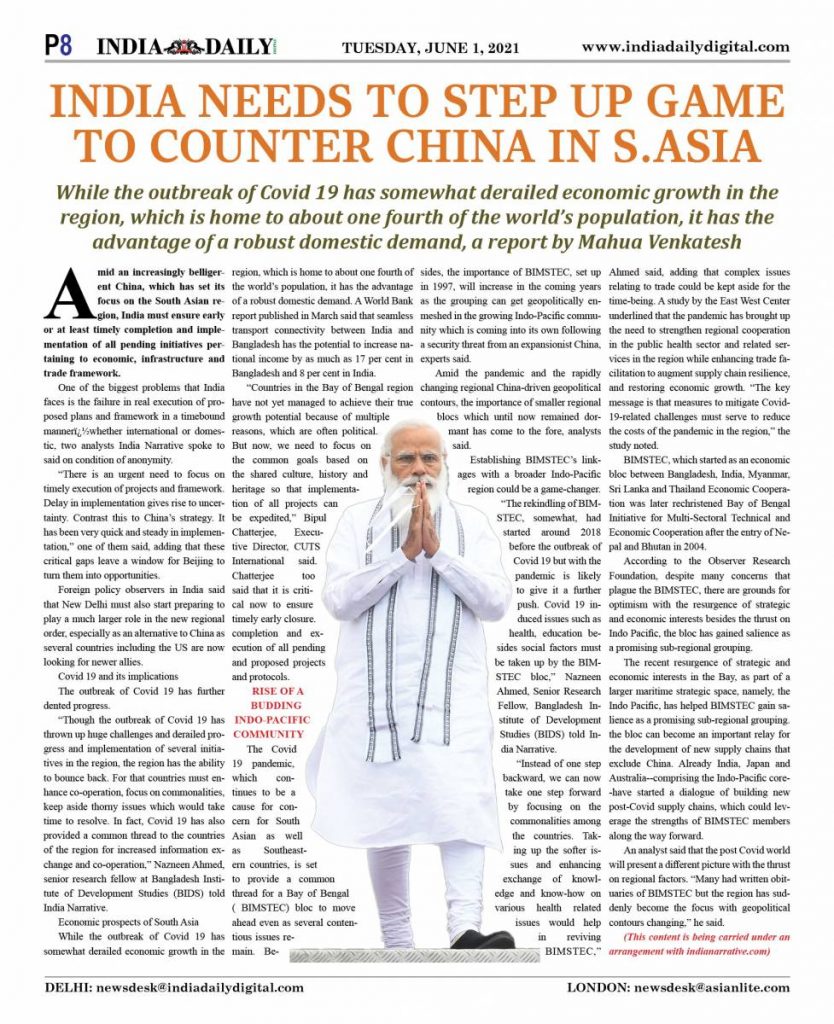
BIMSTEC, which started as an economic bloc between Bangladesh, India, Myanmar, Sri Lanka and Thailand Economic Cooperation was later rechristened Bay of Bengal Initiative for Multi-Sectoral Technical and Economic Cooperation after the entry of Nepal and Bhutan in 2004.
According to the Observer Research Foundation, despite many concerns that plague the BIMSTEC, there are grounds for optimism with the resurgence of strategic and economic interests besides the thrust on Indo Pacific, the bloc has gained salience as a promising sub-regional grouping.
The recent resurgence of strategic and economic interests in the Bay, as part of a larger maritime strategic space, namely, the Indo Pacific, has helped BIMSTEC gain salience as a promising sub-regional grouping. the bloc can become an important relay for the development of new supply chains that exclude China. Already India, Japan and Australia–comprising the Indo-Pacific core–have started a dialogue of building new post-Covid supply chains, which could leverage the strengths of BIMSTEC members along the way forward.
An analyst said that the post Covid world will present a different picture with the thrust on regional factors. “Many had written obituaries of BIMSTEC but the region has suddenly become the focus with geopolitical contours changing,” he said.
(This content is being carried under an arrangement with indianarrative.com)
ALSO READ: Healthcare workers bear the brunt of Covid-19 in J&K


